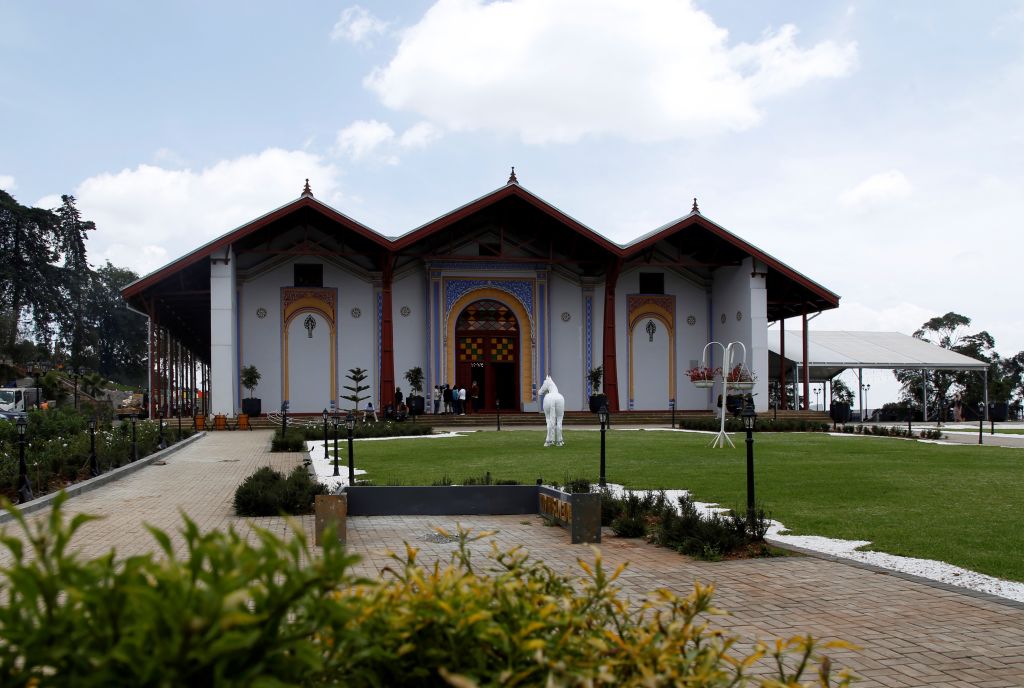
An ancient imperial palace in Ethiopia re-opens with tourists expected to increase

The opening of Ethiopia’s once-secretive imperial palace complex has been hailed as symbolizing a new era of openness for the east African nation, but it also has another aim- job creation.
The Menelik palace and its 40-acre Unity Park compound overlooking Addis Ababa opened to the public this month after being closed for more than a century when it housed emperors.
It was established in 1887 by Emperor Menelik II and given back to the city by Prime Minister Abiy Ahmed, who came to power 18 months ago. The move “symbolizes our ability to come together” while also boosting tourism and jobs, his office said.
The palace opening was cited at an annual gathering of social entrepreneurs in Addis Ababa as an example of a rising number of tourism businesses set up with a mission to help local communities – with warnings these projects came with risks.
“(The palace) will add value to our tourism … it will help Ethiopia,” said Samrawit Moges, founder of Travel Ethiopia, first company in the country to use female guides.
“But tourism is a very delicate sector that can change the country for better or for worse … we need to give high importance to the environment.”
The growing social enterprise sector is tapping into the global travel and tourism industry, which contributed a record $8.8 trillion and 319 million jobs to the world economy in 2018, according to the World Travel and Tourism Council (WTTC).






